As usual, every March of the lunar calendar, I return to the small village hidden under the green bamboo grove on the right bank of the Thu Bon River to join my relatives in the spring ceremony. The spring sunshine shimmers on the rice fields full of plump, golden-yellow flowers in front of the family temple. Flocks of white storks flutter across the fields toward the My Son sanctuary in the warm spring weather, the countryside is so peaceful. Pointing to the fields in front of me, my uncle said: "After the spring ceremony, we will start harvesting the crop. This year's rice crop is quite good."
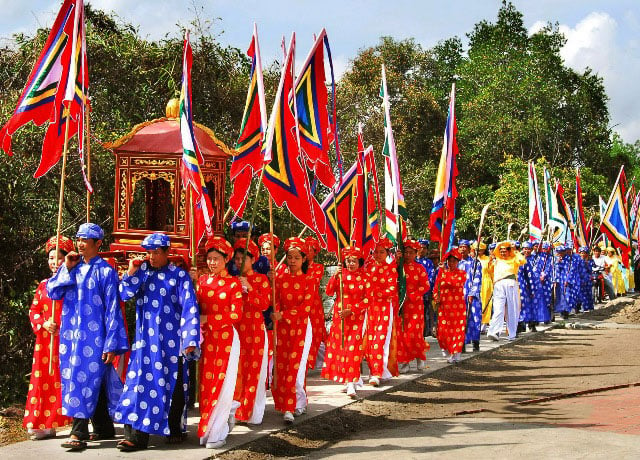 |
| Photo archive |
Most of the people in Quang Nam offer ancestral worship around March, many regions call it Thanh Minh festival. Thanh Minh festival is the time after the beginning of spring, when the drizzle has gradually stopped, the sky is clear, blue, and warm. This is the most suitable time to visit graves because the ancients believed that before Thanh Minh festival, there was often a lot of rain, the ground was wet, and weeds covered the graves. Moreover, rain can cause landslides and damage the graves, so wait until the weather clears to weed and repair the graves of ancestors, grandparents, and relatives.
However, many villages in Quang Nam choose to clean graves at another time, depending on the favorable conditions of each region. My hometown cleans graves at the end of the 11th lunar month, often called "chap ma", the time when the rainy season ends, the water of the Thu Bon River begins to turn green and calm again, the fields are still bare of stubble, not yet ready for sowing, so there is no time. Children and grandchildren gather to clean the graves a day before, then return to the church to perform the ceremony to clean the graves, considered to close the year.
As scheduled, the third lunar month is the spring festival. To prepare for the spring festival, the descendants of the clan set up a corrugated iron tent and placed tables and chairs in front of the large yard of the clan temple. The elders came from dawn to check and remind their descendants of specific tasks, then gathered around the round table to sip fragrant tea and talk about gardening, farming, and countless ways their descendants could make a living.
Three ancient trays of offerings were placed neatly in front of the screen. A drum beat sounded, and the petition to the land god began the main program of the spring ceremony. Each drum beat followed each section of the Chau Van skillfully. When the wax lamp burned more than half, it was also the time for the celebrant to offer the petition along with the assistants to kneel and go inside the main hall to worship the ancestors and origins, then the children and grandchildren continued to offer incense.
After the ceremony, the guests, elders and children on the mother's side were invited to sit at the table first, before the children on the father's side. This unwritten custom has existed for a long time, because according to the elders, although grandchildren are of the same blood, they have a different family name, so the main duty of grandchildren is to be responsible to their ancestors according to their family name. They return to their maternal roots with two meanings: both descendants and "guests". That's how the guest first, the host later is.
In daily life in every village and hometown, each place has a different way of celebrating spring according to each condition, economic situation, and work, but they all have one thing in common: expressing gratitude and remembrance for ancestors, grandparents, and at the same time, it is also a gesture of spiritual value for the living. The annual spring ceremony is also an opportunity for grandchildren near and far to gather, meet, chat happily, and create more community cohesion.
I still remember the words of the patriarch at the spring festival every year: “This is an opportunity for everyone, from the elders, those of high status and rank to the grandchildren in our family, to meet and get to know each other and to behave properly. I think he is right, if we don’t meet, how can we know all our relatives?”
Source: https://baodanang.vn/channel/5433/202504/te-xuan-4003226/


![[Photo] Prime Minister Pham Minh Chinh chairs the regular Government meeting in March](https://vstatic.vietnam.vn/vietnam/resource/IMAGE/2025/4/6/8393ea0517b54f6791237802fe46343b)

![[Photo] Vietnamese rescue team shares the loss with people in Myanmar earthquake area](https://vstatic.vietnam.vn/vietnam/resource/IMAGE/2025/4/6/ae4b9ffa12e14861b77db38293ba1c1d)
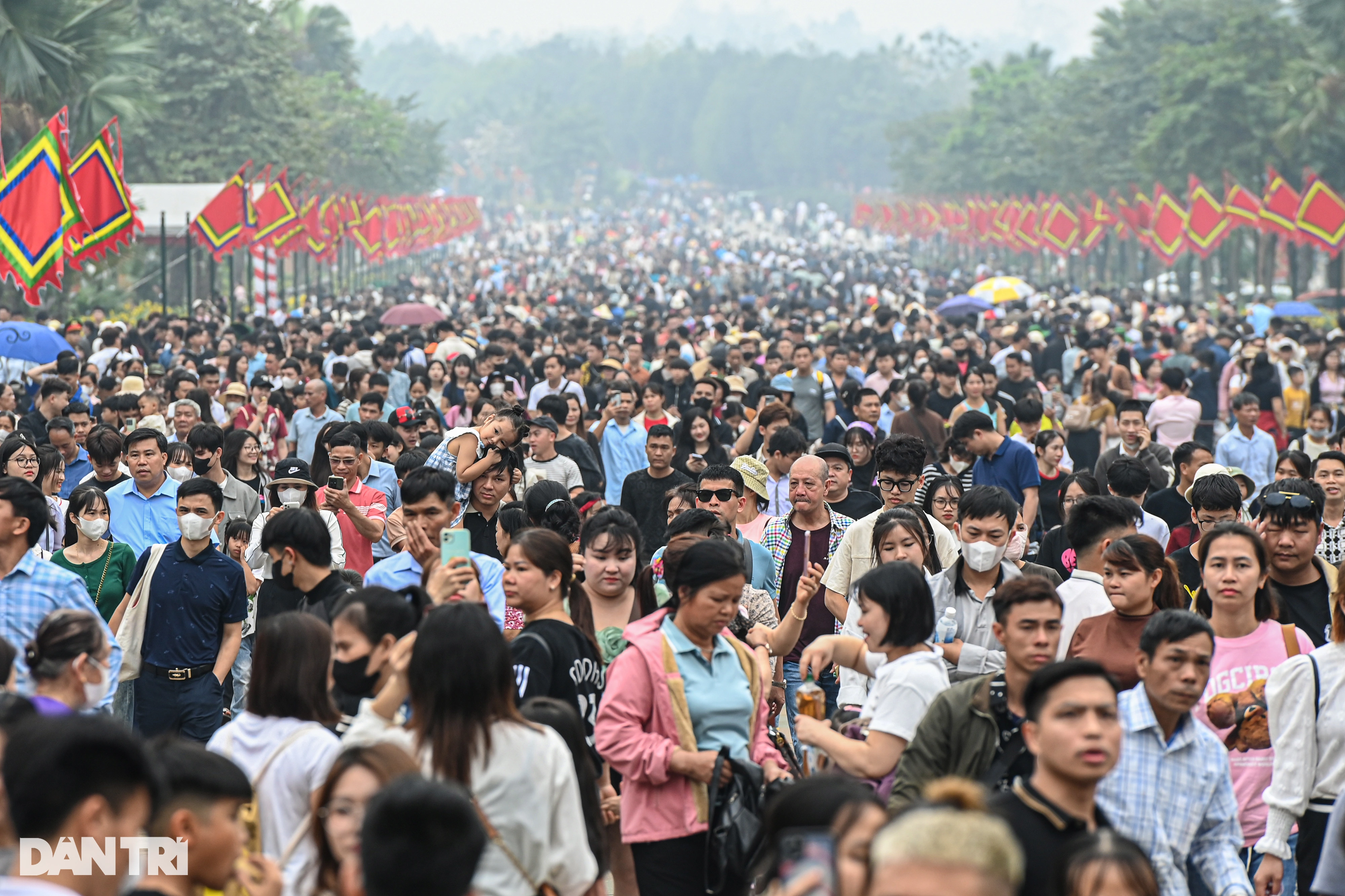
![[Photo] Solemn Hung King's Death Anniversary in France](https://vstatic.vietnam.vn/vietnam/resource/IMAGE/2025/4/6/786a6458bc274de5abe24c2ea3587979)
![[Photo] Military doctors in the epicenter of Myanmar](https://vstatic.vietnam.vn/vietnam/resource/IMAGE/2025/4/6/fccc76d89b12455c86e813ae7564a0af)
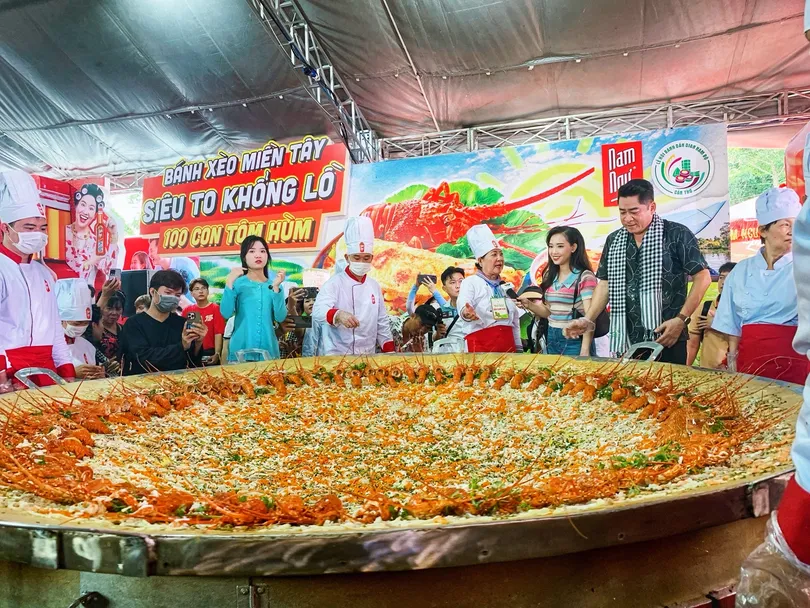

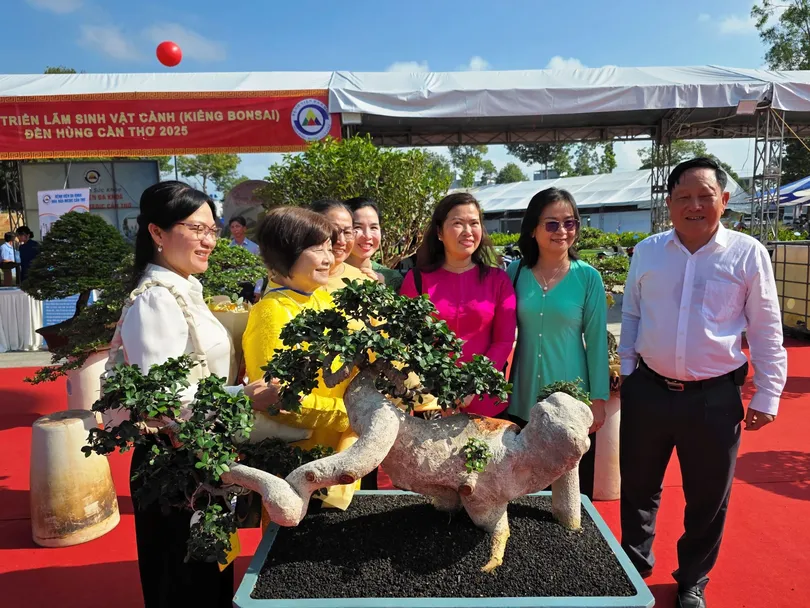
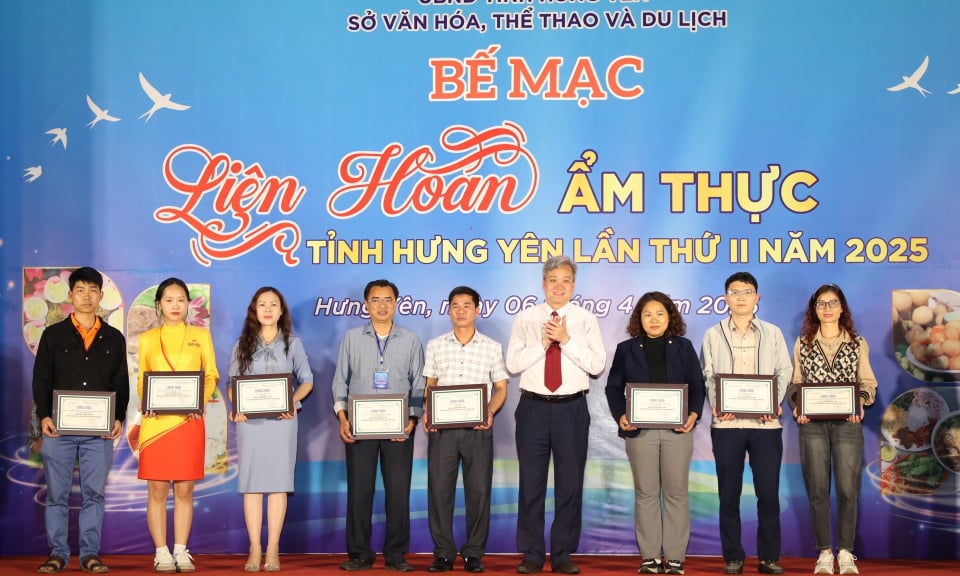


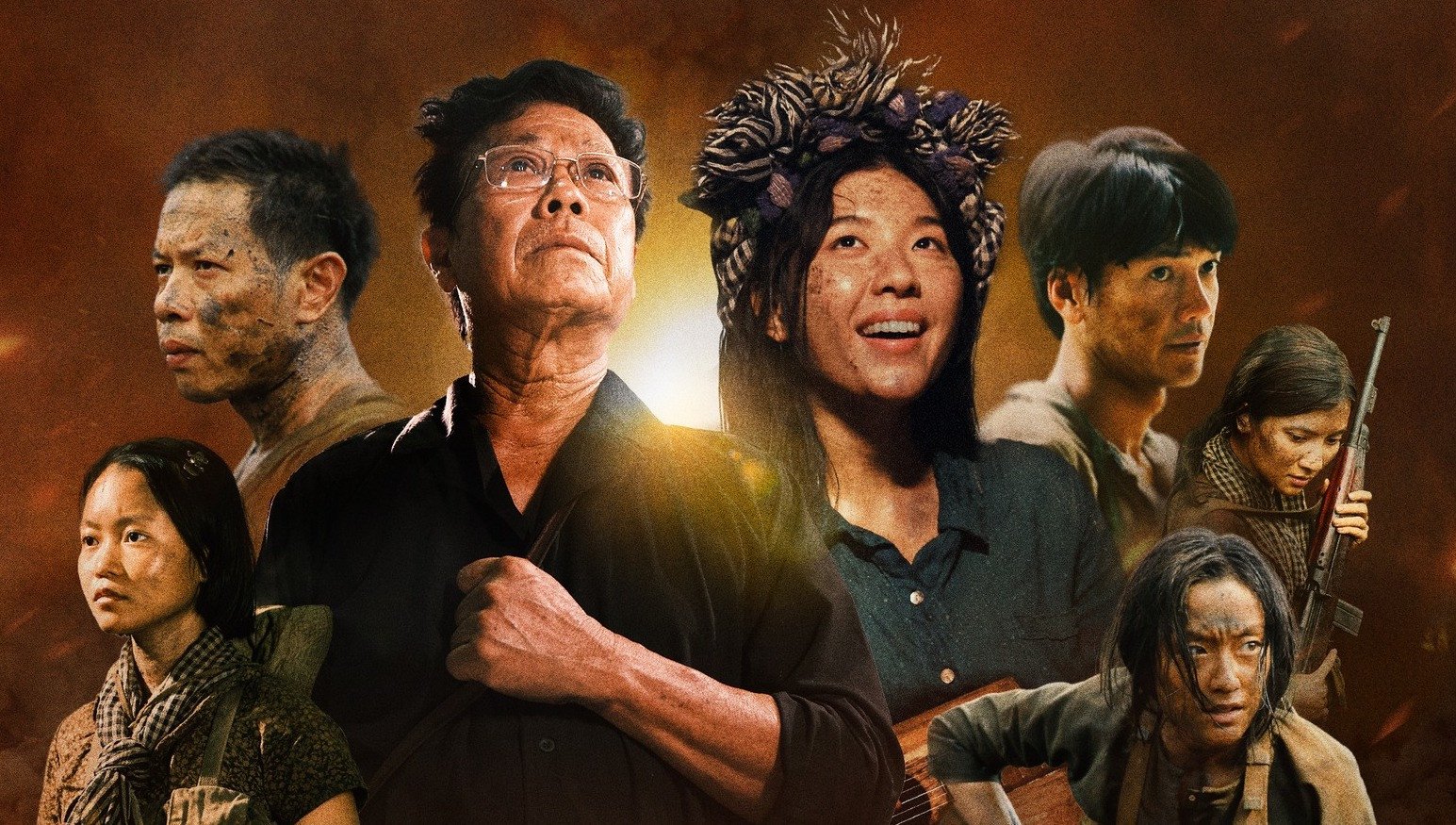
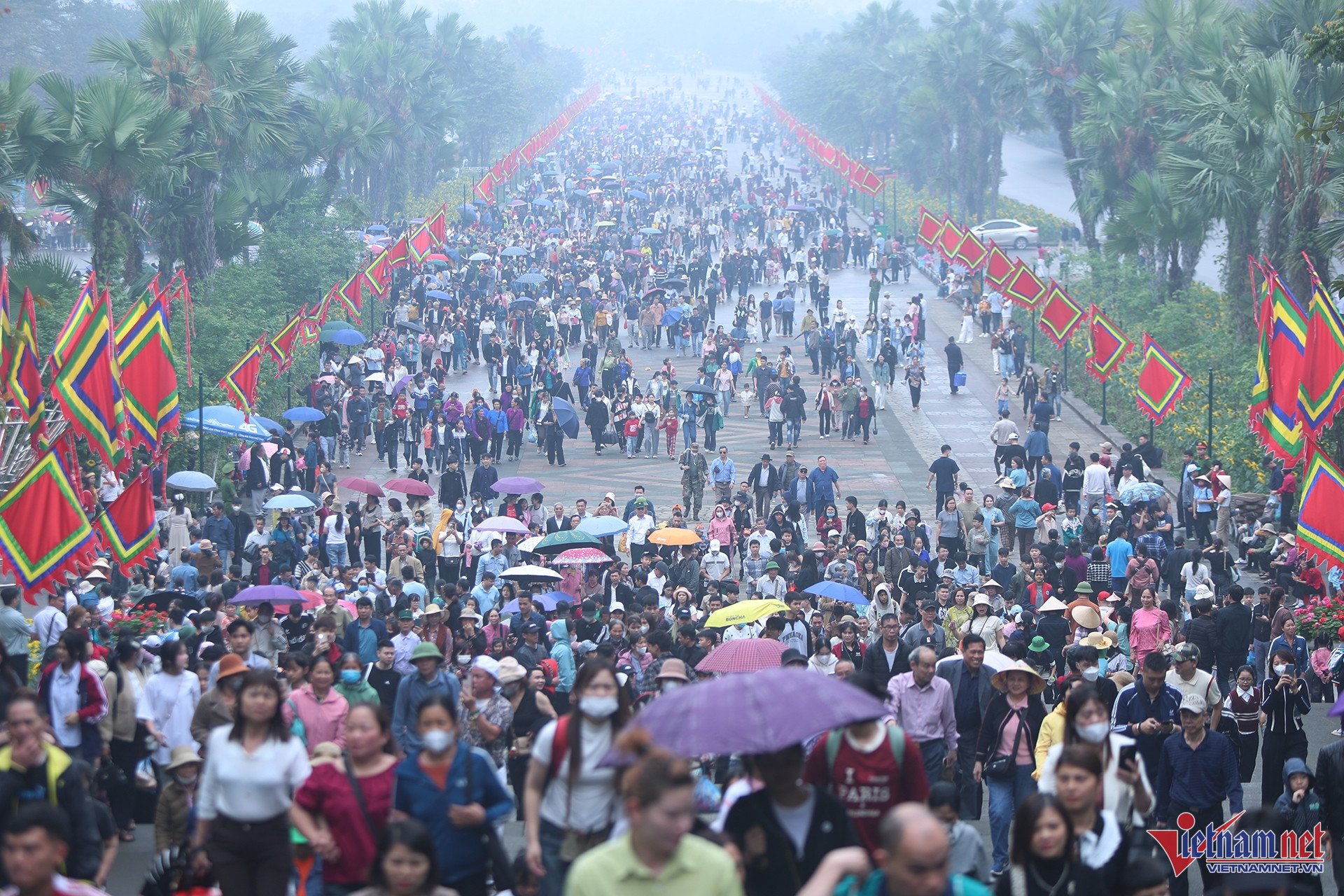

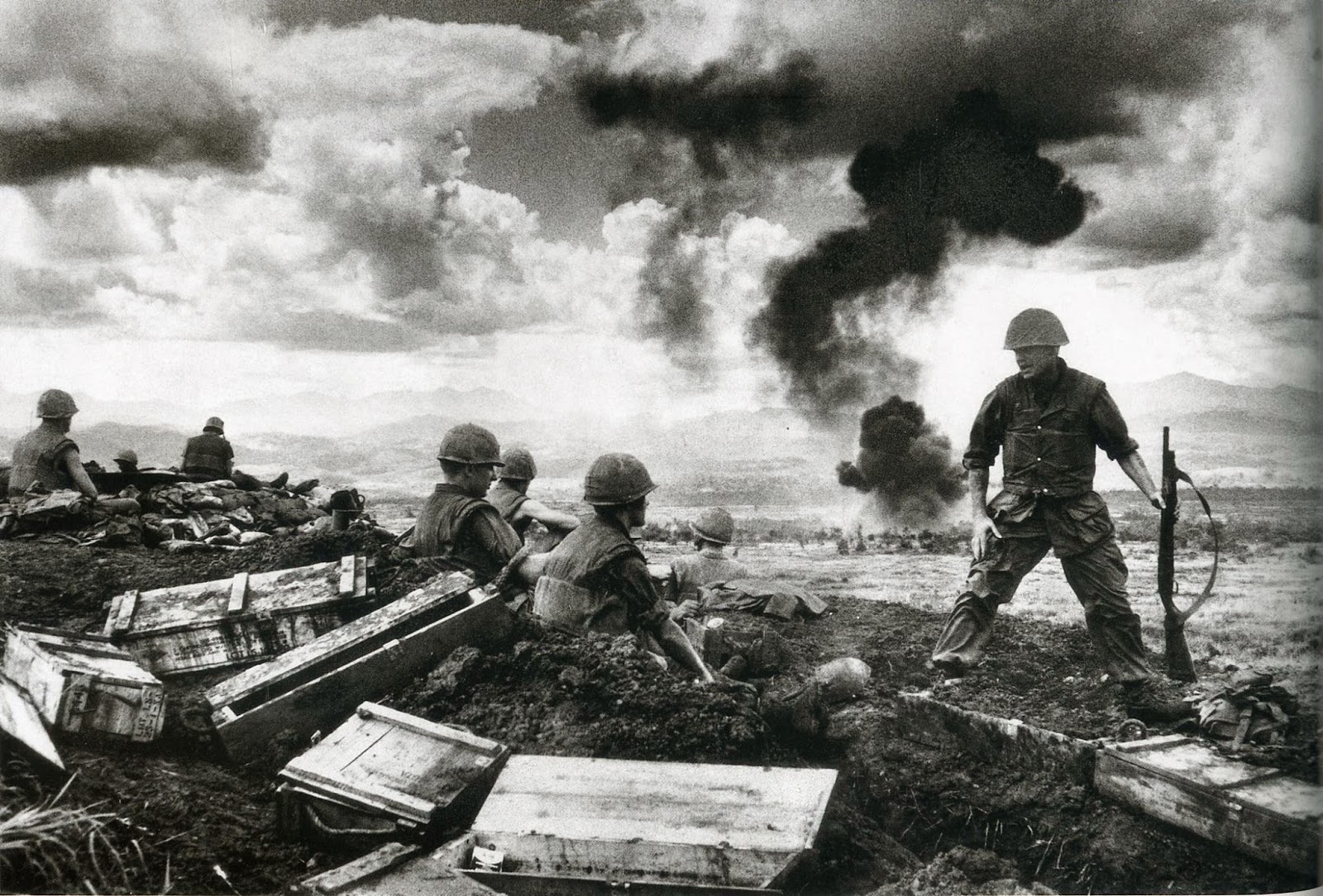

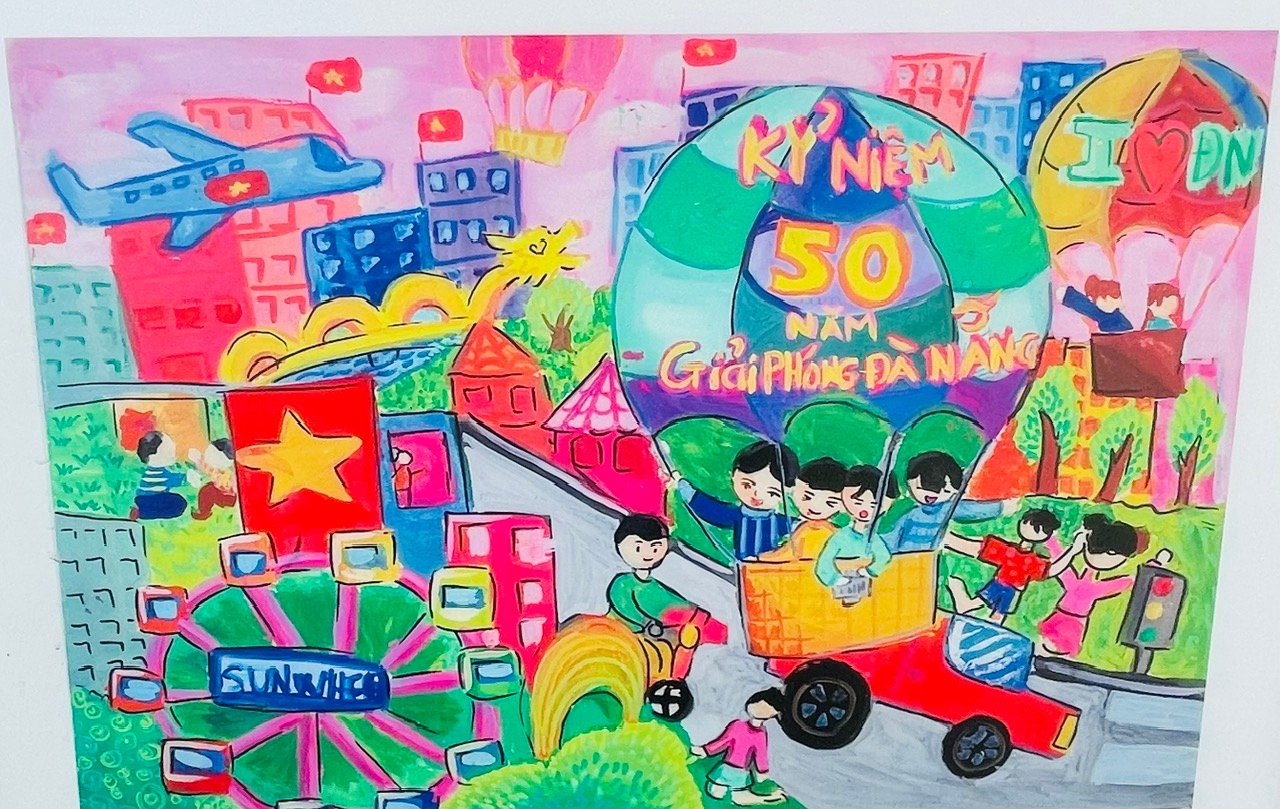
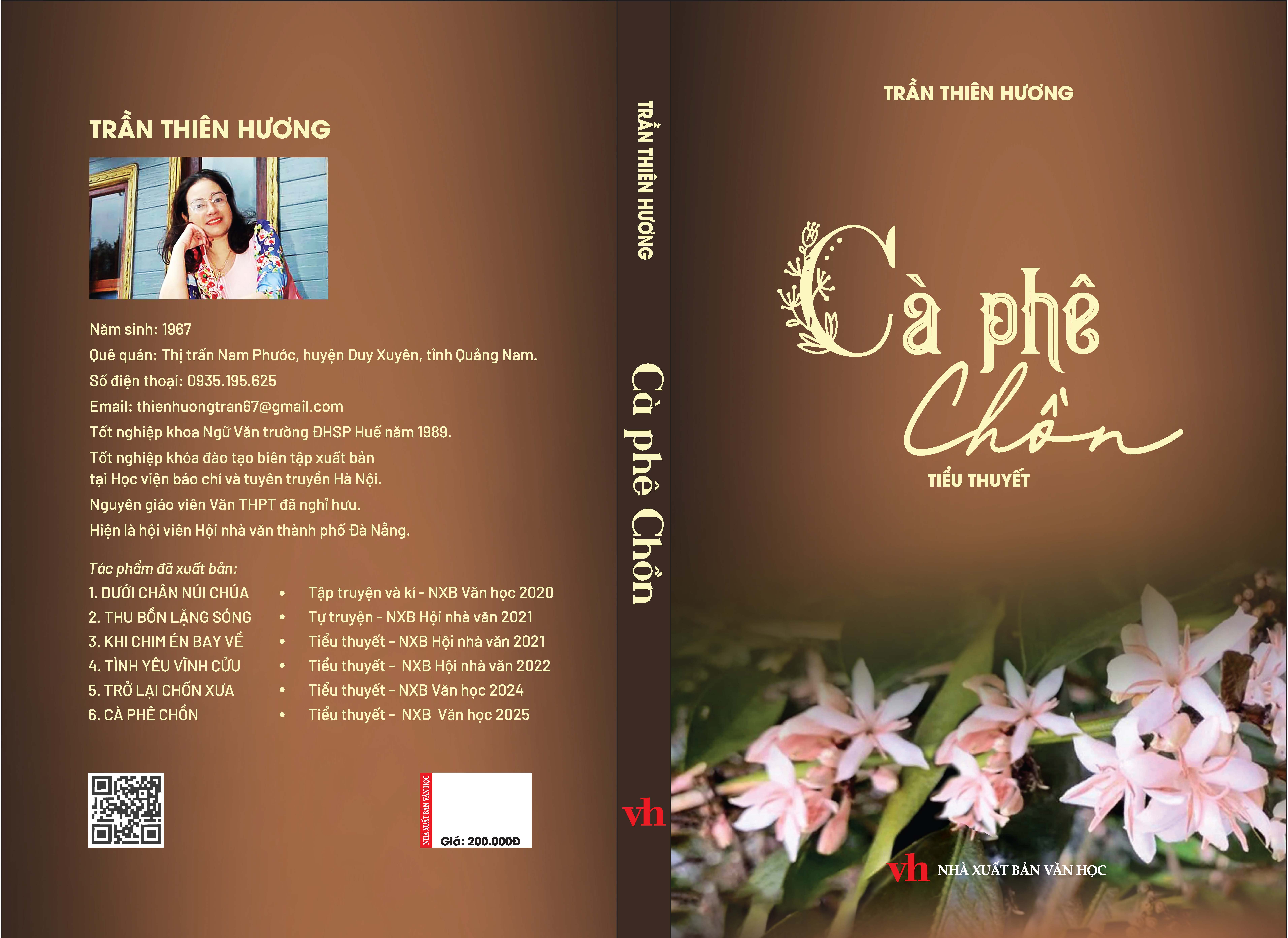
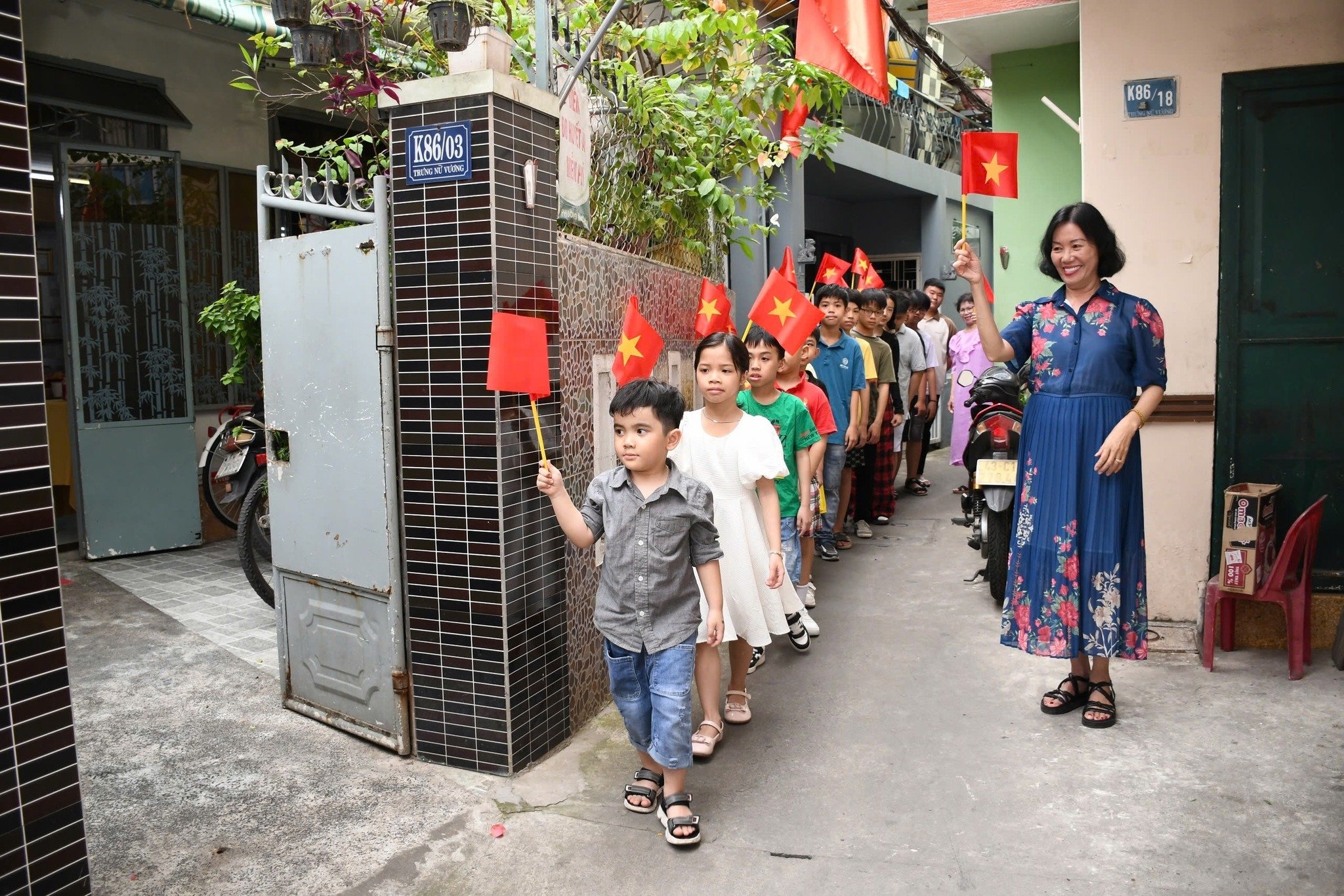
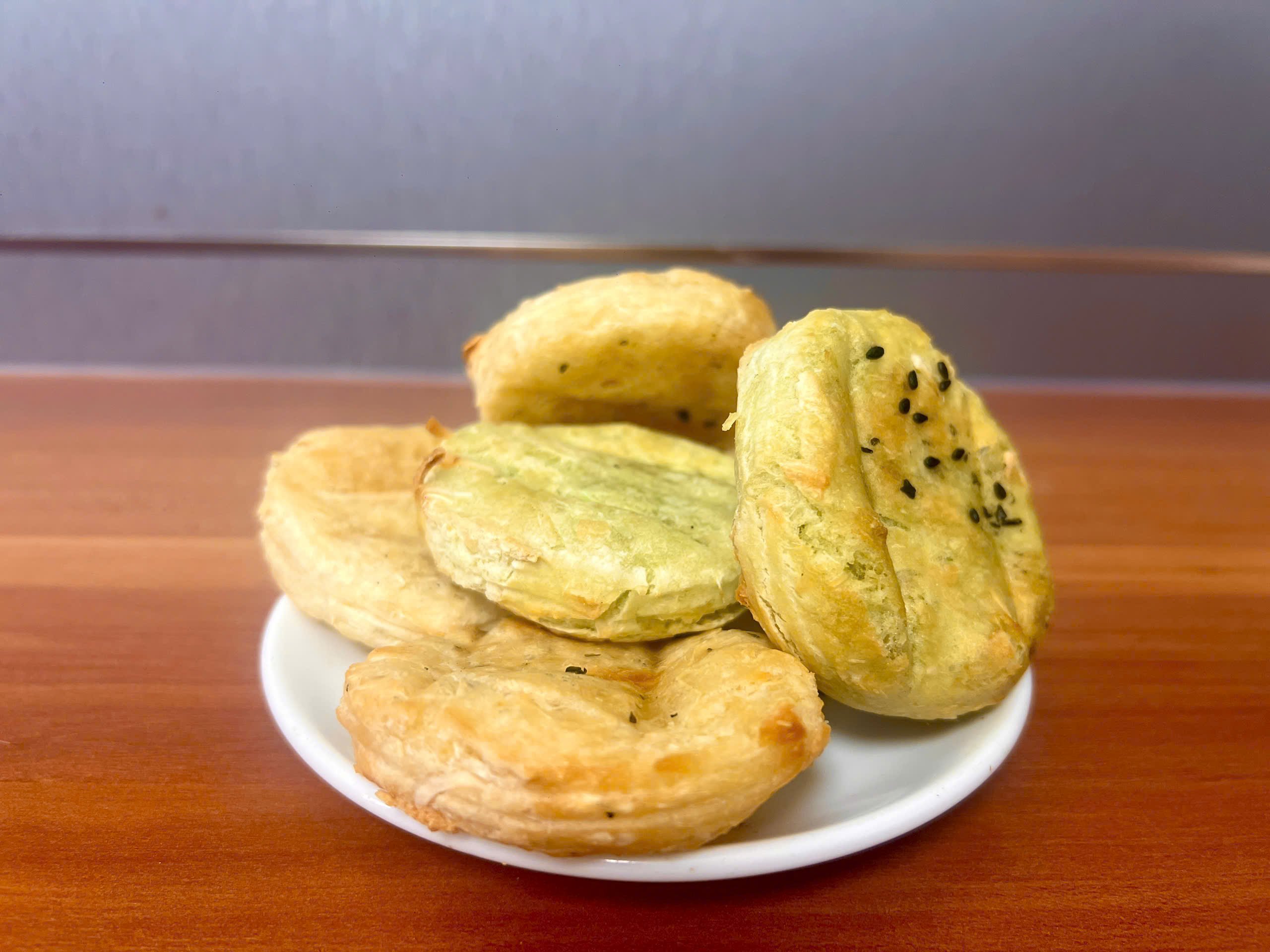
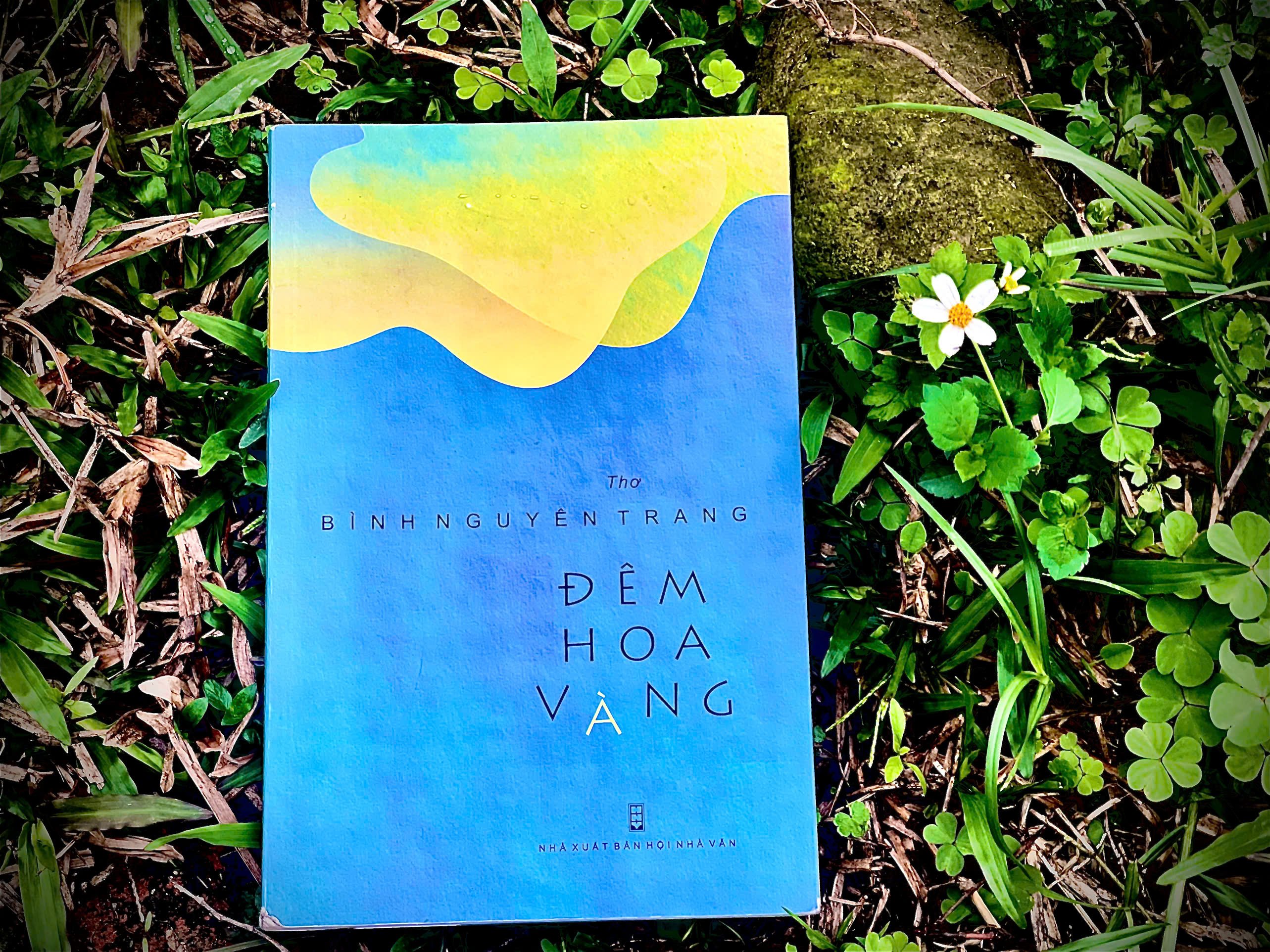
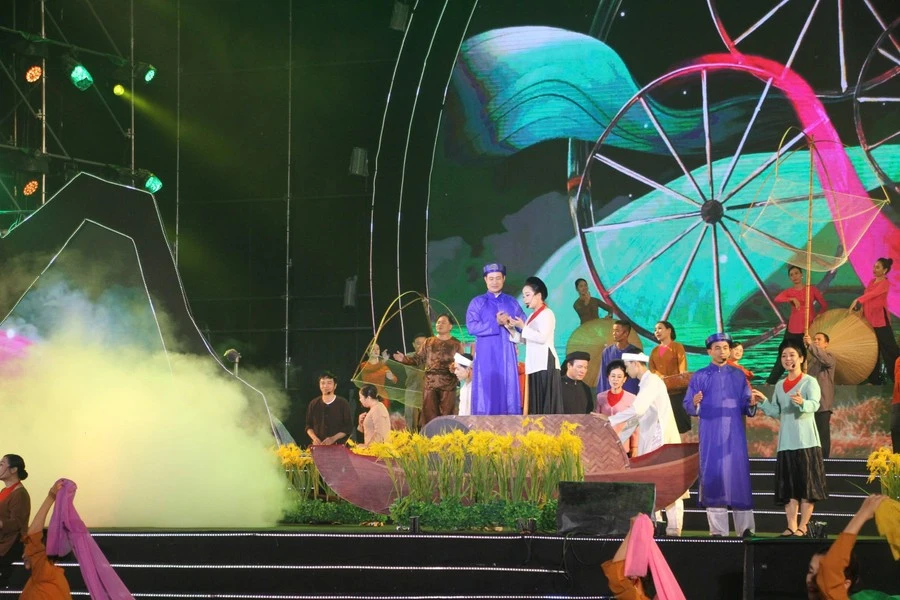

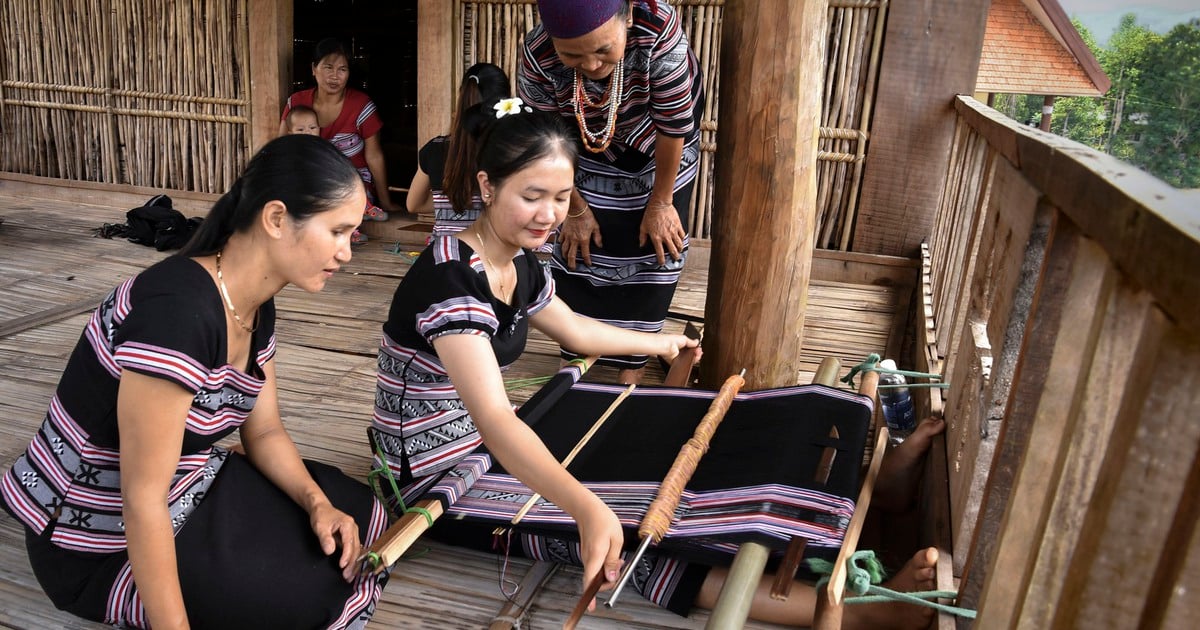



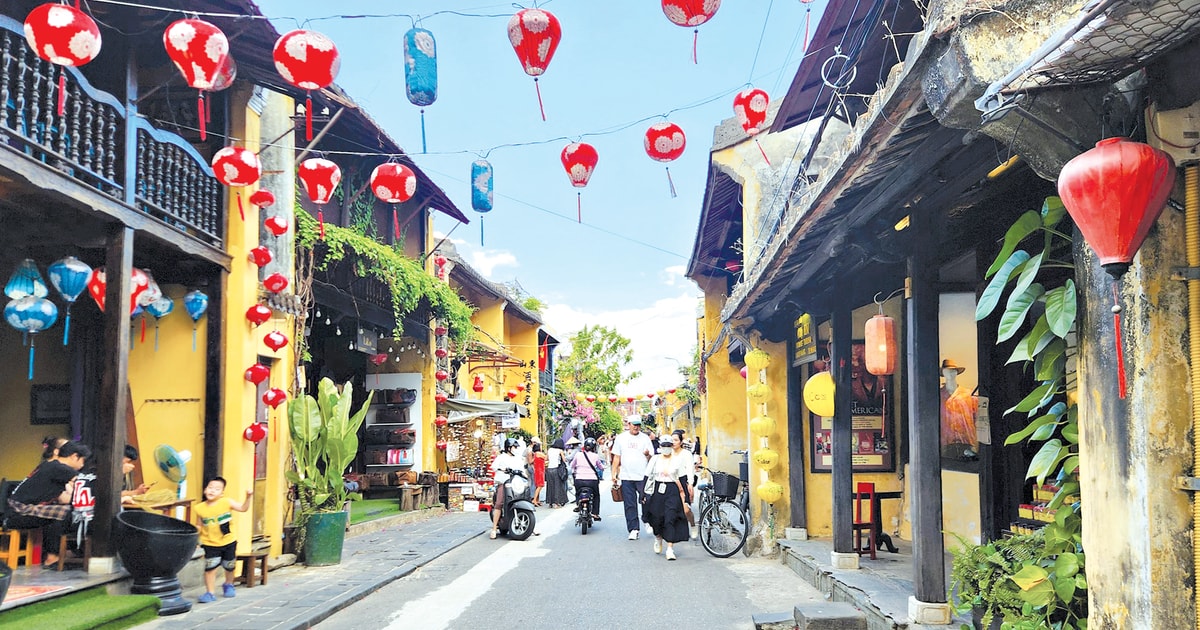

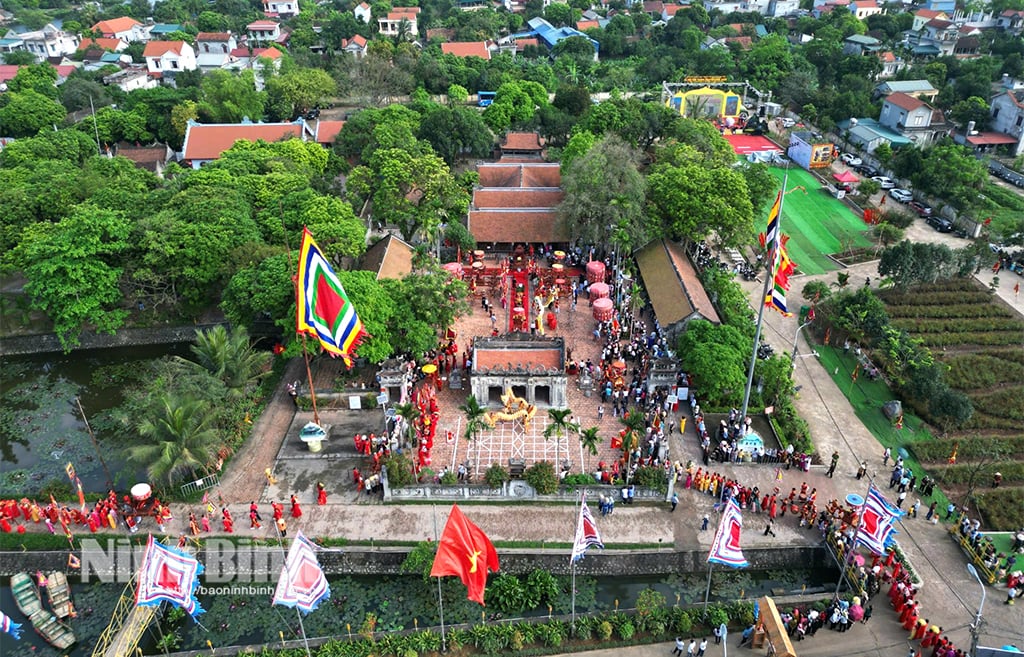

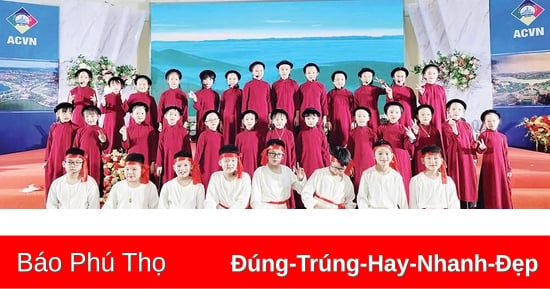

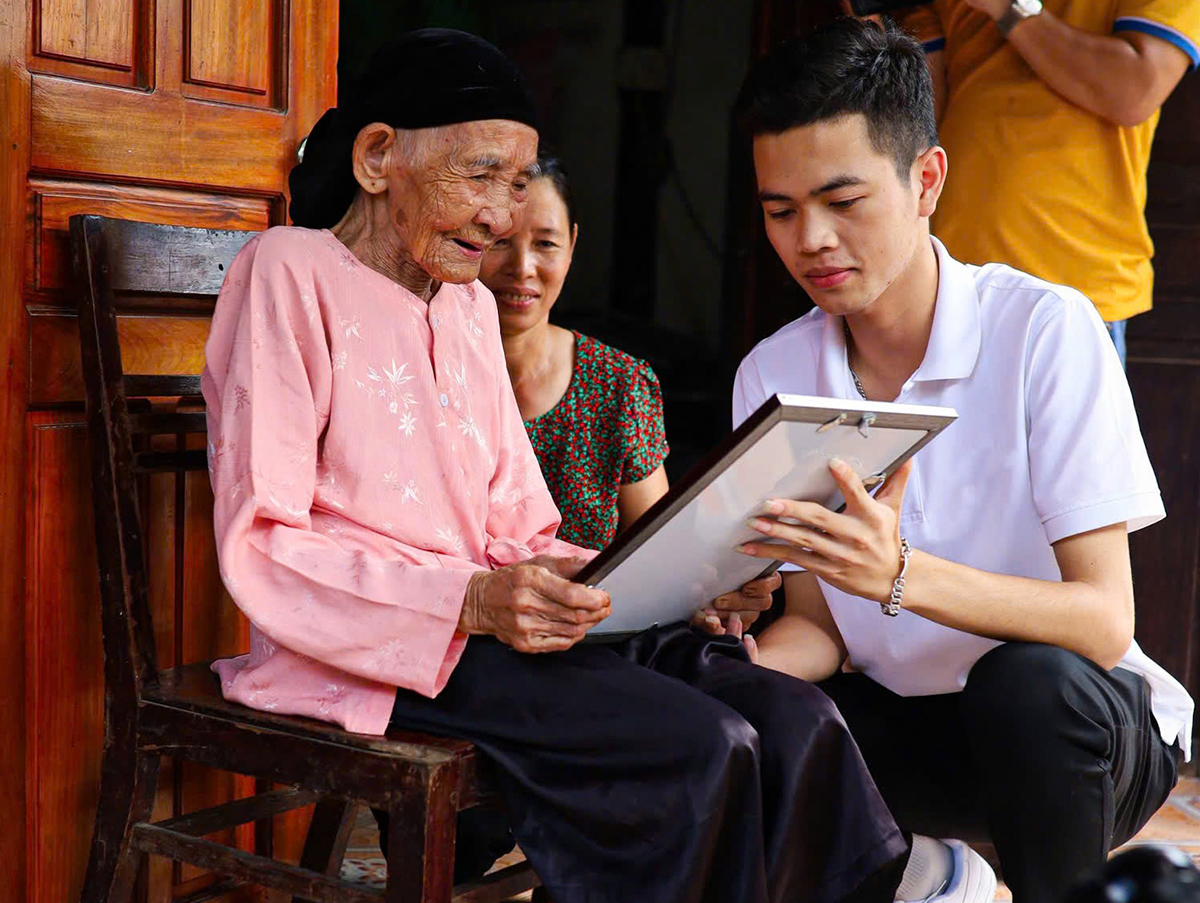

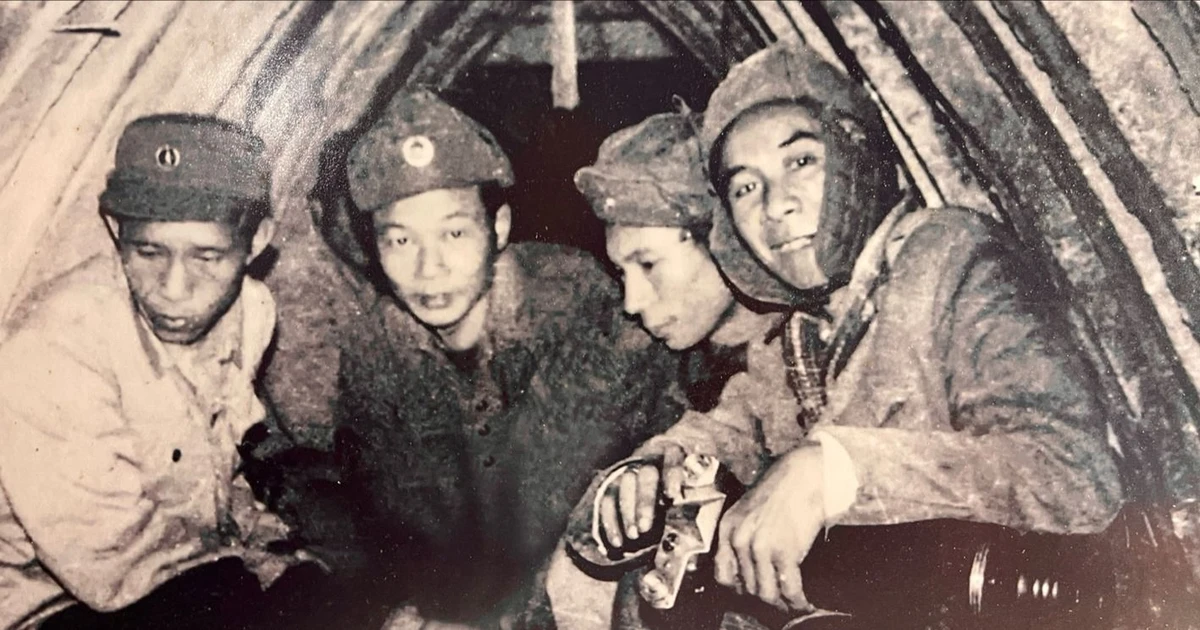

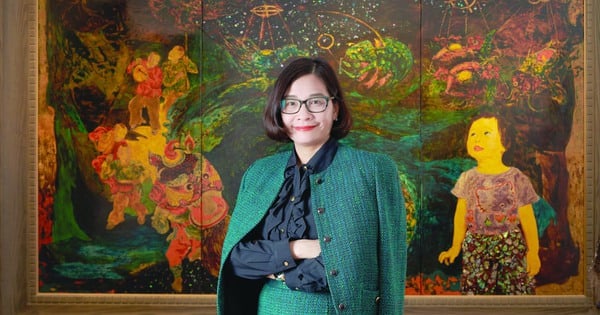

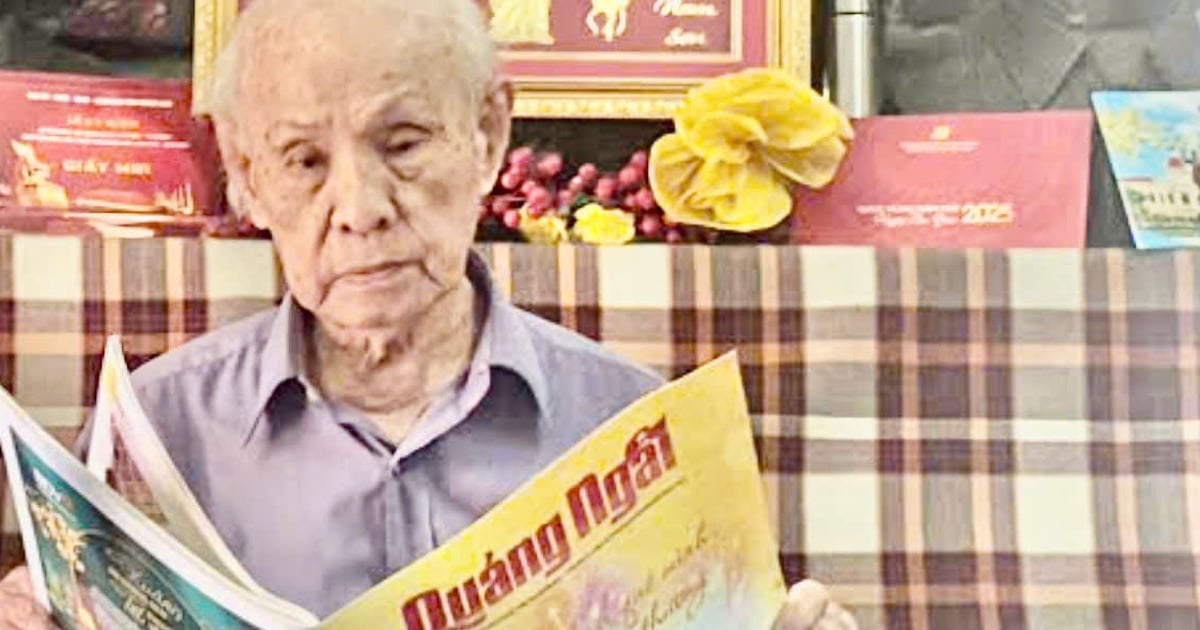
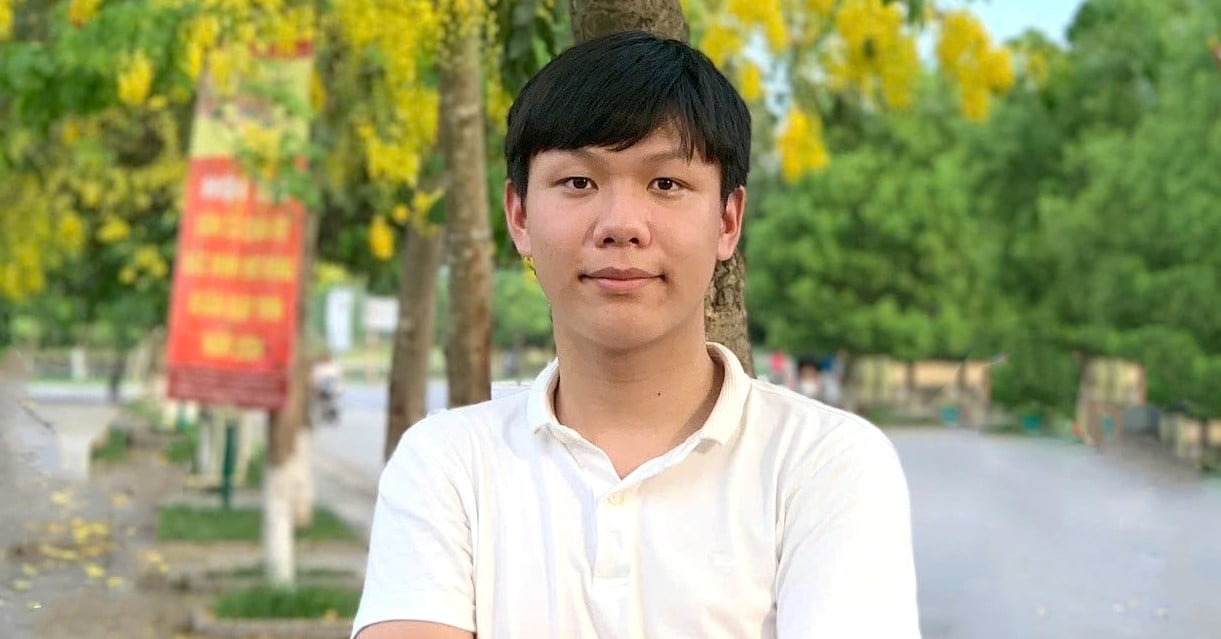



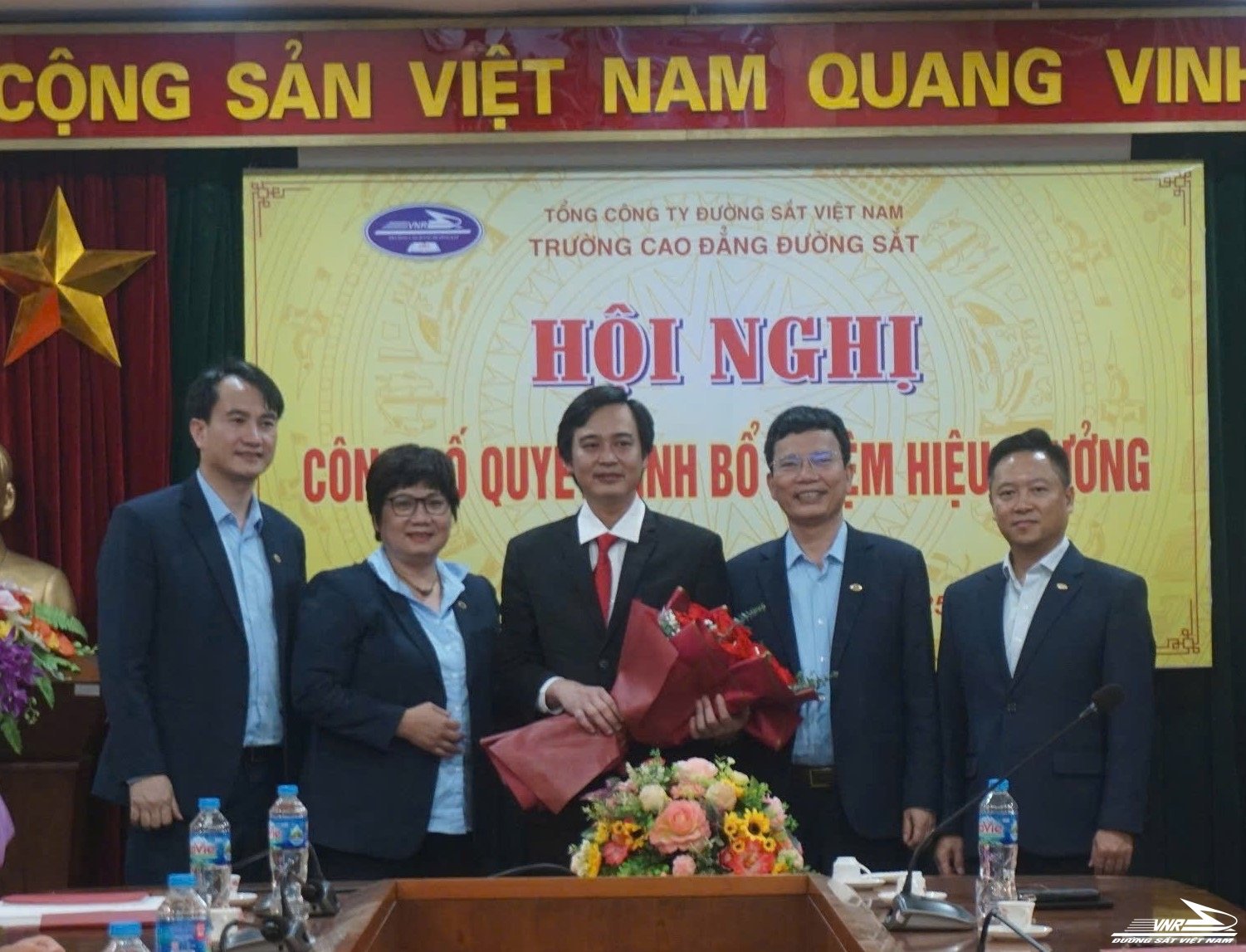

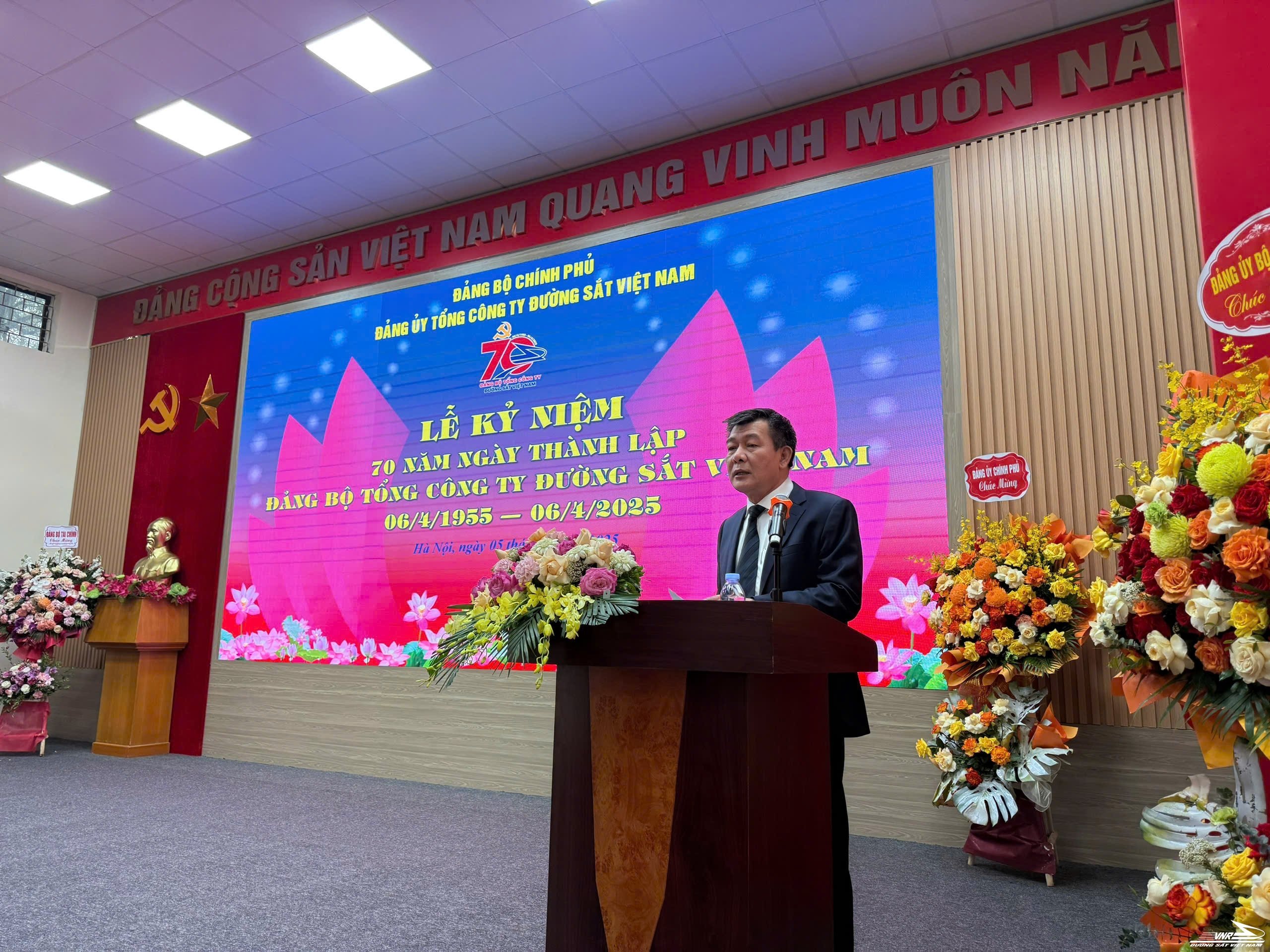
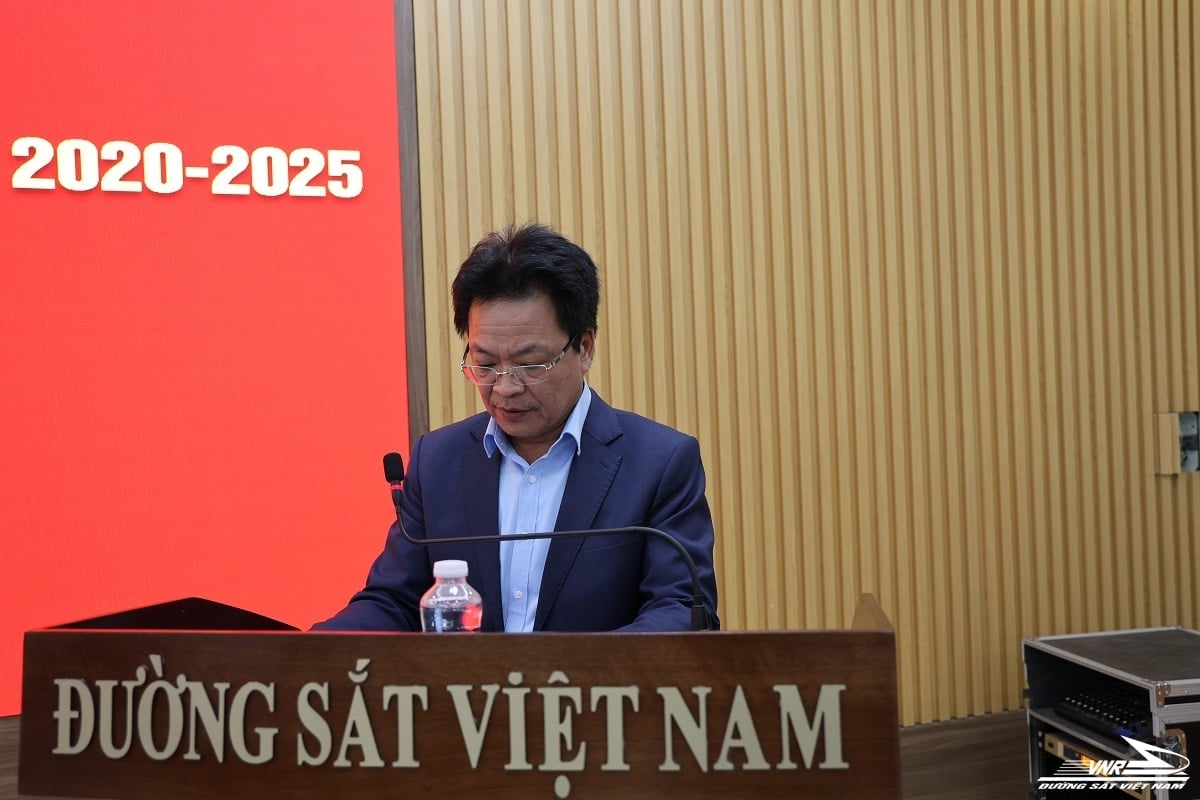
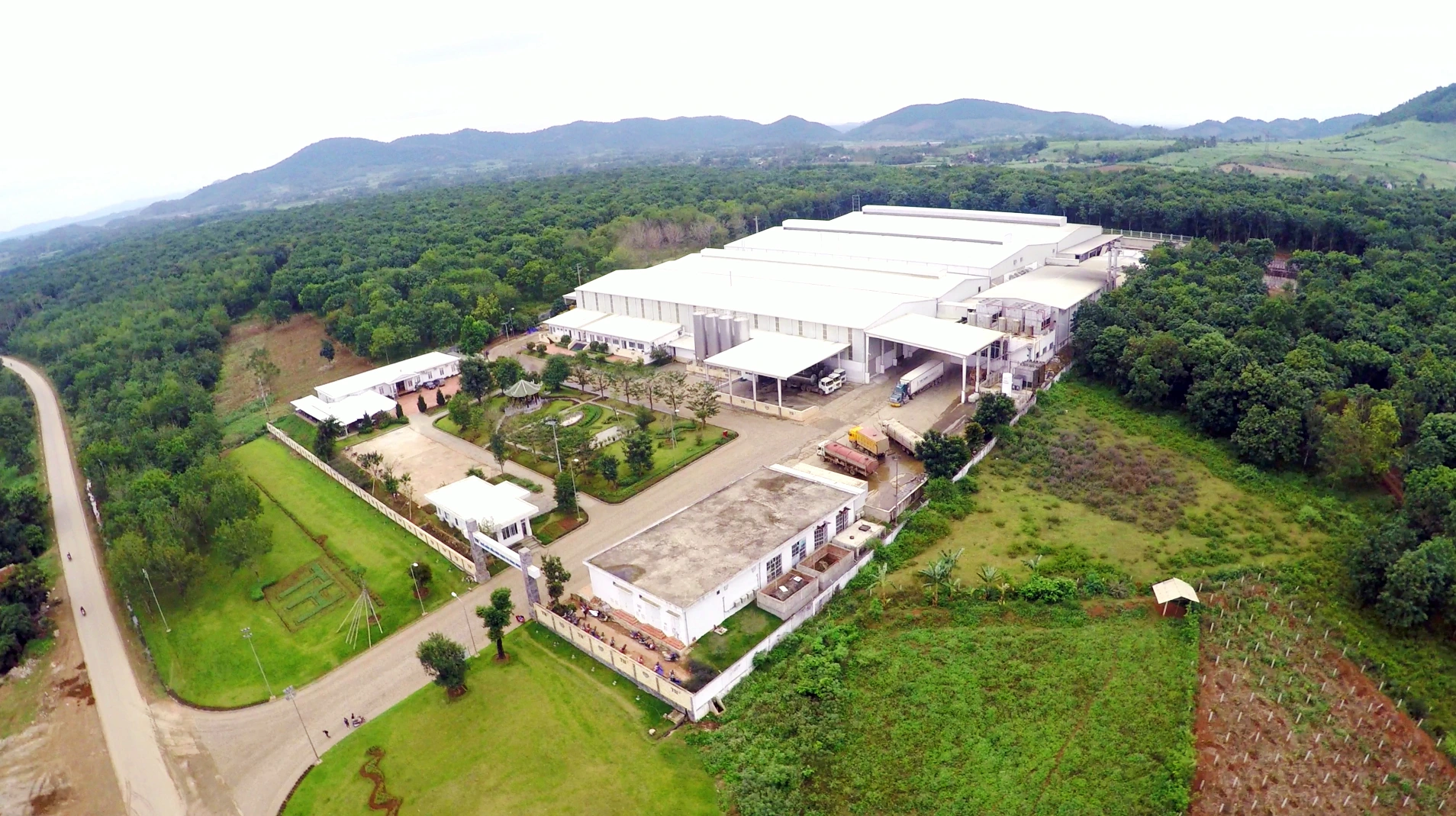


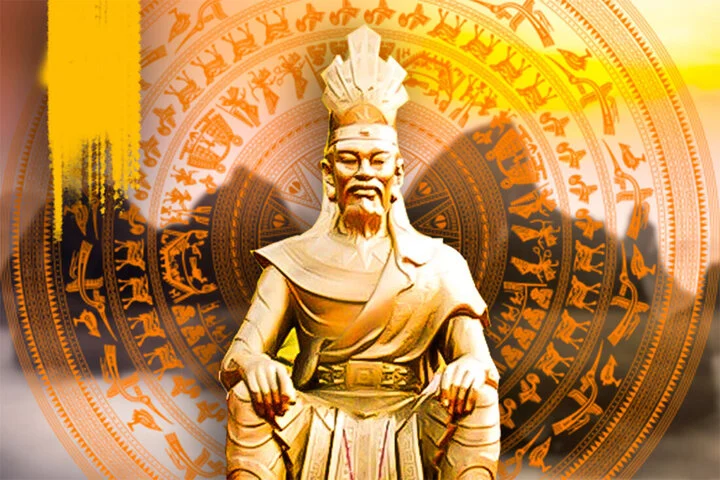


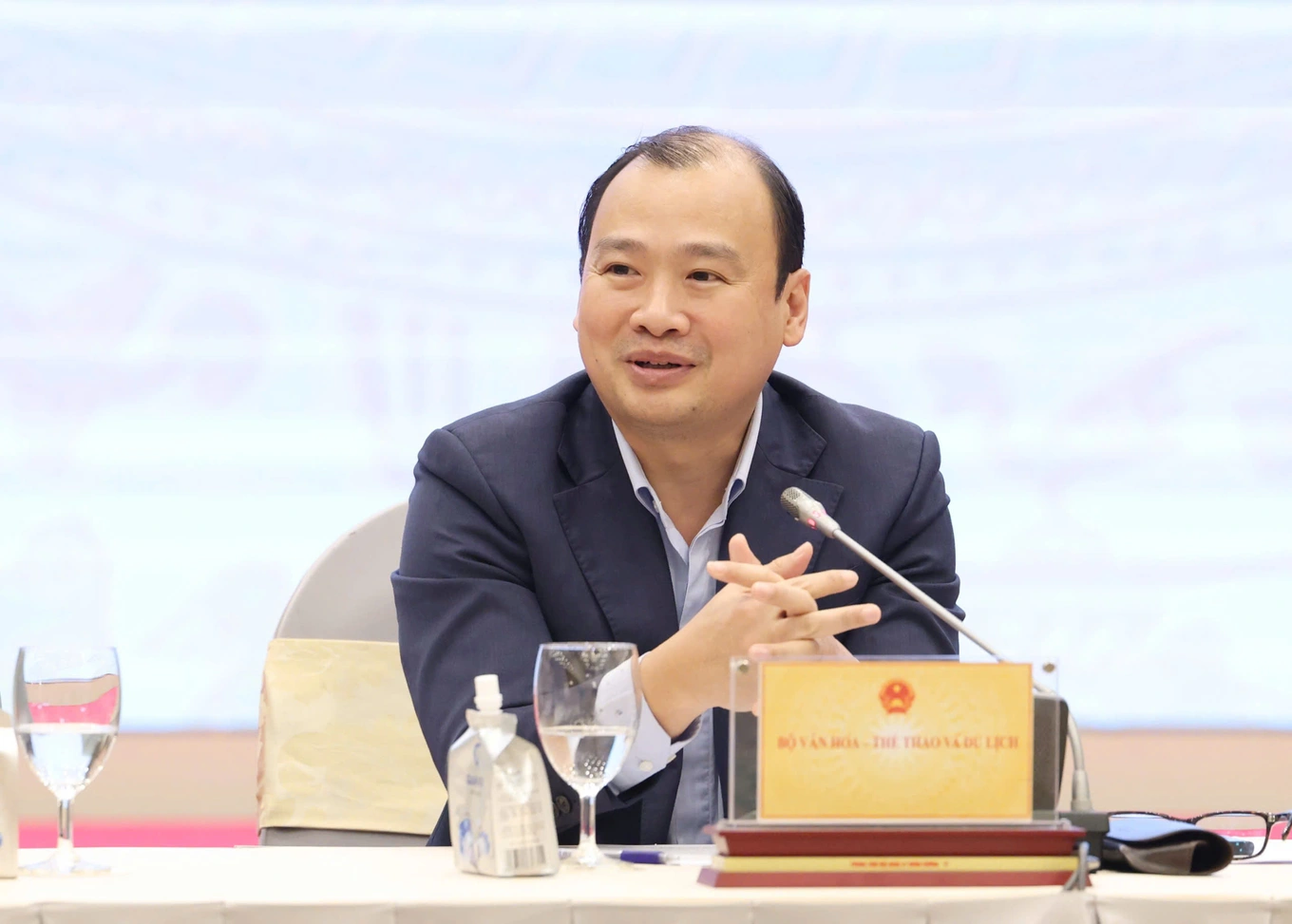













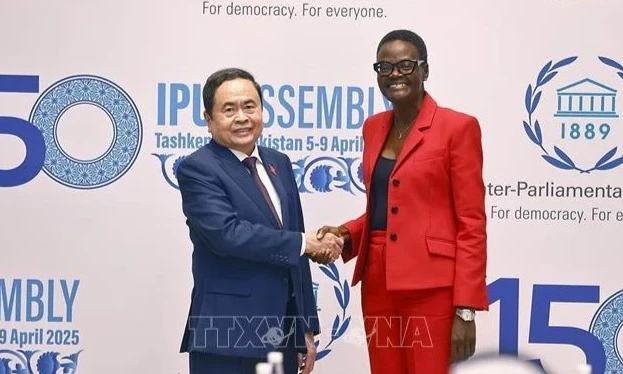
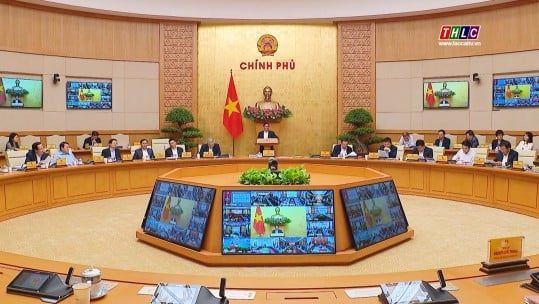
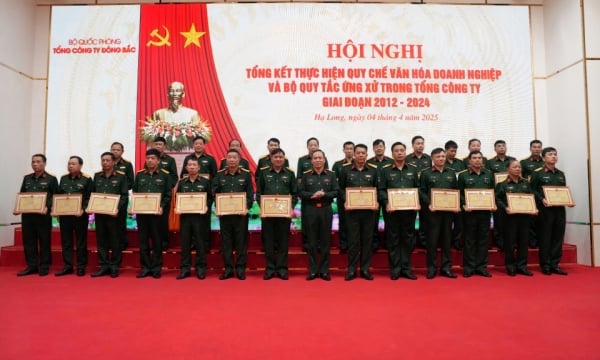



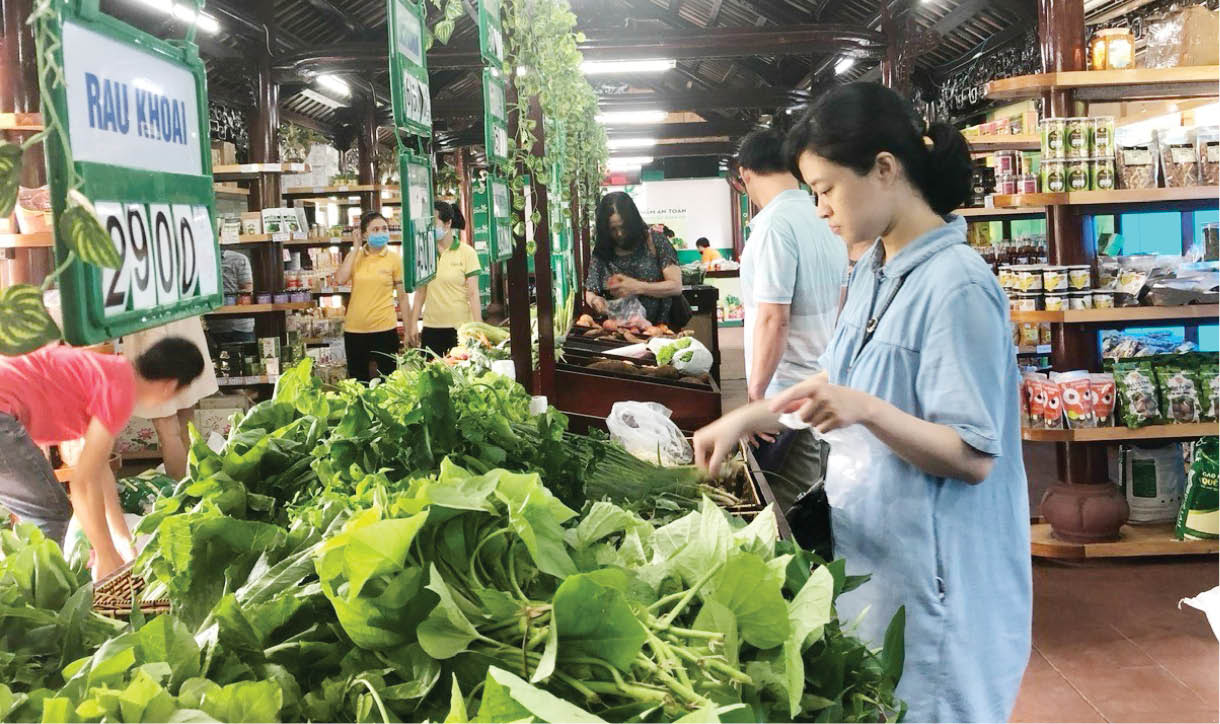

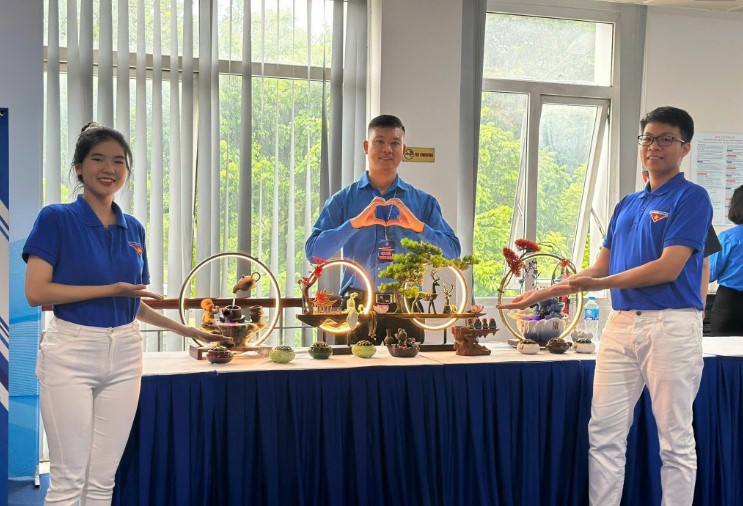
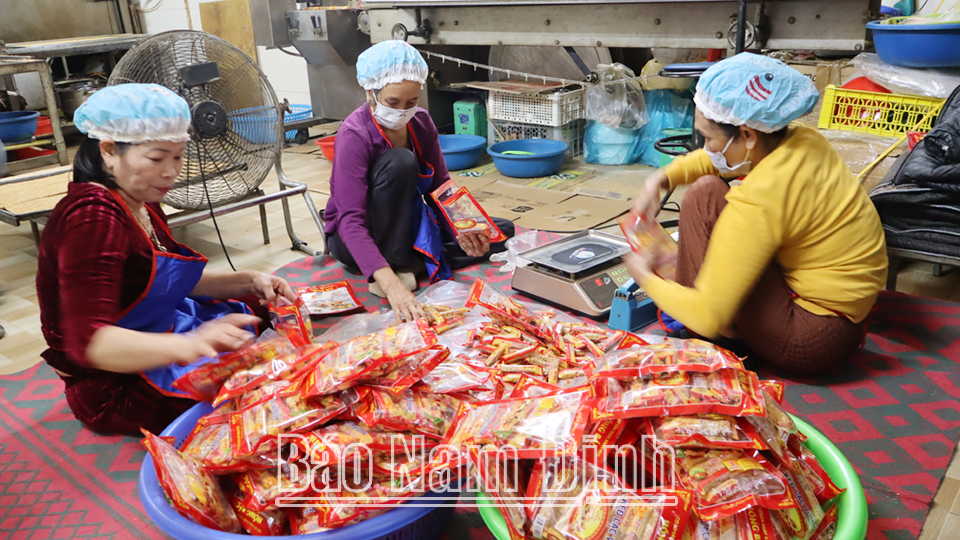

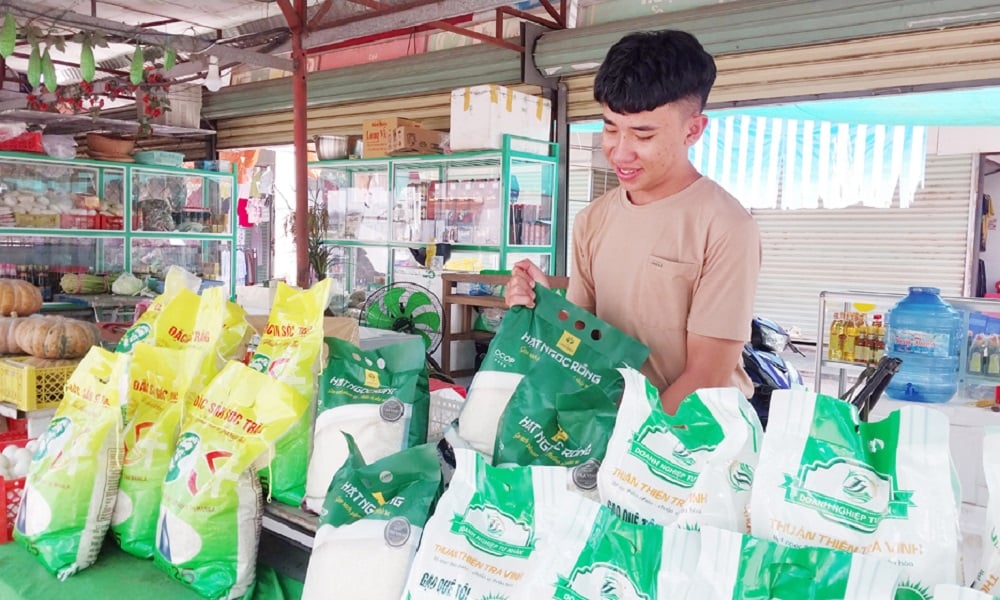
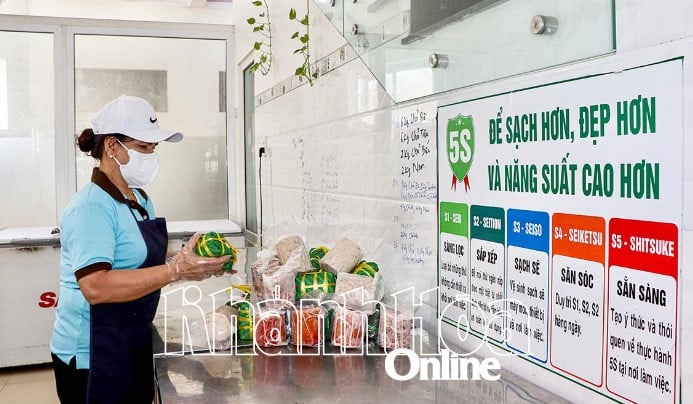

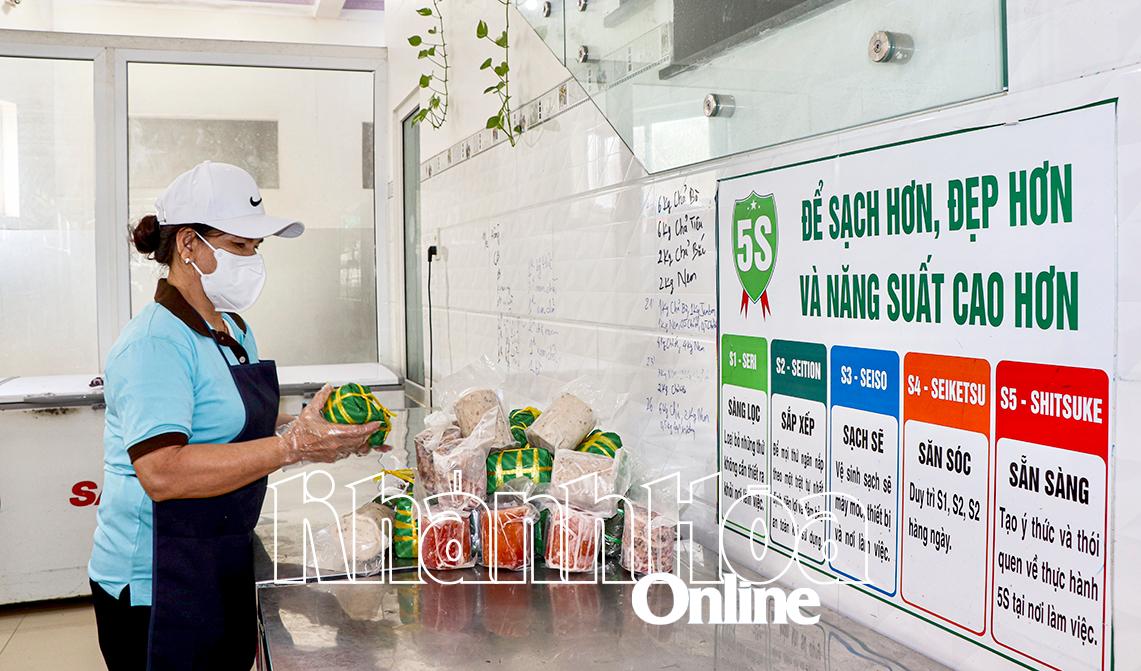
Comment (0)